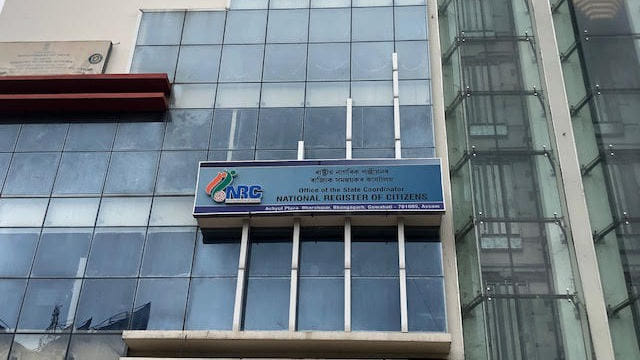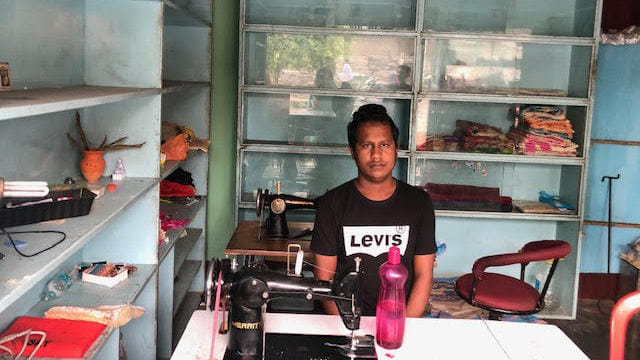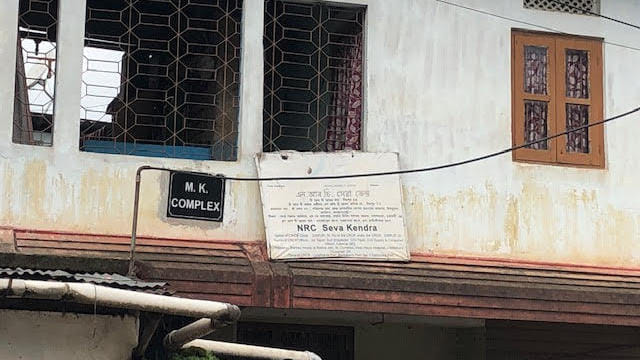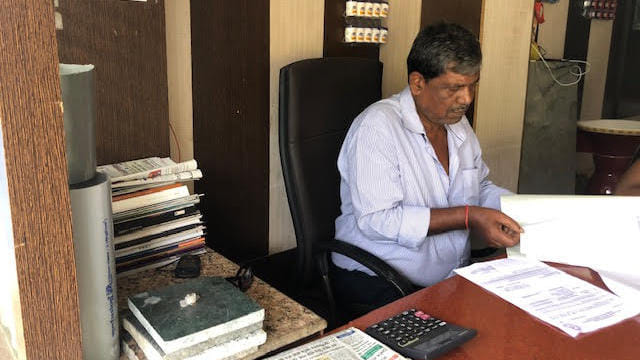Guwahati/Nalbari/Darrang: The final list of the National Register of Citizens (NRC) in Assam has an unsettling potential to have far-reaching and deeply worrying implications. One of the most dangerous of these is a decisive communal stamp on the citizen versus ‘outsider’ debate, particularly due to the contentious Citizenship (Amendment) Bill.
With the list that excluded over 19 lakh, leaving out lakhs of Hindus — unlike the expected scenario of leaving out primarily Muslims — a fresh political and social faultline has emerged.
Of the ones left out, most belong to the Bengali Hindu community, besides some that have Nepali origins, Marwaris, and those from indigenous Assamese tribes. Sources in the Assam government, who did not wish to be identified, claim these communities would account for around 50 per cent of the total exclusions.
This result means a renewed clamour to bring in the Citizenship Bill among the Hindus who have not made their way into the NRC list. It also means a fresh impetus to the efforts of the ruling BJP to do so, especially given how this helps it amplify its message of majoritarian Hindutva politics across the country.
Despite its brazen efforts, the Narendra Modi-led BJP failed to ensure the passage of the Bill during its first term, falling short of numbers in the Rajya Sabha, and then faced vociferous opposition, especially from Assam.
What is Citizenship (Amendment) Bill?
The Citizenship (Amendment) Bill, 2016, essentially seeks to amend the Citizenship Act, 1955. According to provisions of the Bill, illegal migrants belonging to religions such as Hindu, Sikh, Buddhist, Jain, Parsi and Christian from Afghanistan, Bangladesh and Pakistan will be eligible for Indian citizenship. In clearer terms — in the context of Assam and NRC — it means that if the Bill is brought in, all the Hindus who have been left out of the list can become legitimate citizens, singling out only Muslims as ‘foreigners’.
Unsurprisingly, then, the clamour to bring back this bill is slowly growing louder, especially among those Hindus in the state who are of Bengali origin.

Also read: Ranjan Gogoi-led Supreme Court made NRC messier. Now it must clean it up
‘This bill is the best option’
The original inhabitant versus ‘outsider’ debate in Assam was entirely about ethnicity and found Bengali Hindus at the receiving end as much as those viewed to be Muslims of Bangladeshi origin.
Now, with several Bengali-speaking Hindus of Assam missing from the NRC, a fresh cry has begun.
Basudeb Roy, who lives and runs a business in Guwahati’s Kahilipara, said, “We are five people — my wife, me and three children. Only my wife’s name has appeared in the NRC.
“We have not come from Bangladesh. I legitimately moved from East Pakistan to Assam, with proper paperwork, around 1964. I studied in a school from 1964-68 just two minutes away. I gave all possible documents. How can I be told I am not Indian? I have grandchildren here now.”
He added, “We will need to fight it in court, but the best option is for the government to pass the nagorikta bill (Citizenship Bill) so we, who are genuine people, get citizenship.”
Roy is just one among the many to reflect this sentiment.

“None of the five members of my family have been included. We may be Bengalis, but we consider ourselves as Axomiya as anybody else. We hear many Hindu Bengalis have been left out. The government must push for the Citizenship Bill since that can solve this problem,” said Madhusudan Choudhury of Guwahati’s Lokhra Road, a Bengali-dominated area. His friends Pradeep Dey and Sanjoy Kumar Dey agreed, though their families have been included in the NRC.
The younger generations have also joined the chorus demanding the bill. And the logic isn’t just that Bengali Hindus will get citizenship, but also that it would “not lead to any demographic imbalance since there are more Muslims who are Bangladeshis”.
“We are Hindus, the government should give us automatic citizenship. Anyway, Assamese people should not have a problem since most Bangladeshis are Muslims,” said Debanjan Ray, a college student in Nalbari.
The NRC Seva Kendra at Lal Ganesh in Guwahati — another Bengali-dominated area — wore a deserted look Thursday. There was just one official present, who seemed to have little to do.
“There are many Bengali Hindus who have been excluded. They come to us and ask what the next step will be, but even we don’t have much clarity yet,” said the official who did not wish to be named.

Brahmaputra valley vs Barak valley
When the BJP attempted to push the bill earlier this year, the Brahmaputra valley erupted in protests, but the Barak valley celebrated in support. Dominated by Bengali Hindus, the Barak valley welcomed the bill — it even became a key election issue in the area ahead of the Lok Sabha polls.
When ThePrint visited this region before the general elections, the support for the bill was already at a feverish pitch. With the NRC leaving out lakhs of Bengali Hindus, the demand for it is only set to intensify in the Barak valley, which essentially consists of Cachar, Karimganj and Hailakandi.
The schism
The bill has split the state, with the indigenous Assamese of the view that no ‘outsider’, Hindu or Muslim, should be allowed to stay on.
But for the BJP — in power at the centre and in the state — this seems to be a lucrative political gamble.
Given the fact that it managed to do exceedingly well in the state in the Lok Sabha elections — despite massive protests against the bill preceding it — winning nine of the 14 seats, the distaste for the bill among the ethnic Assamese may not be enough to deter it.
Also read: Assam’s Muslims who didn’t make it to NRC feel betrayed and angry







Difficult to judge how the apex court will view the CAB if it is challenged before it. In simple terms, its foundational principle is in conflict with the secular nature of the Indian state and the impermissibility of discrimination on grounds of religion. However, one cannot be certain what the future holds in store.